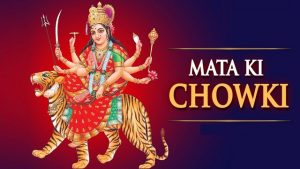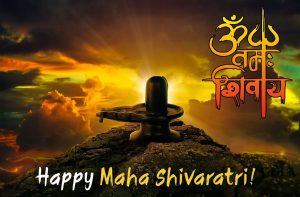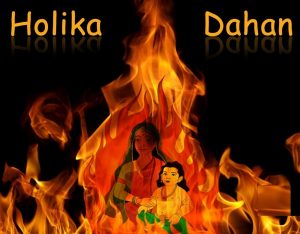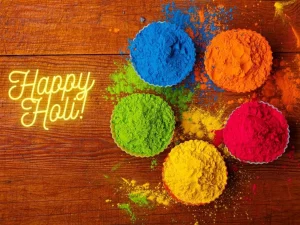Calendar

If you would like to host the Mata Ki Chowki at Shree Radhey Shyam Temple, Contact : Raja Sharma 708-822-6656
Maa Durga is revered as the Mother Goddess among the Hindu Goddesses. Mata Ki Chowki is a short-duration Kirtan that can be done at any time of day, at any time of year. The essence behind performing the Mata Ki Chowki is to fulfil one’s wishes. This Puja ceremony involves the gathering of many worshipers who spend three hours singing hymns in her praise in order to please the Goddess so that she can grant them their wishes. Mata ki chowki includes kirtans and bhajans which are performed in the respect to Mata Durga, Mata Laxmi, Mata Kaali, Saraswati, and Annapurna.




